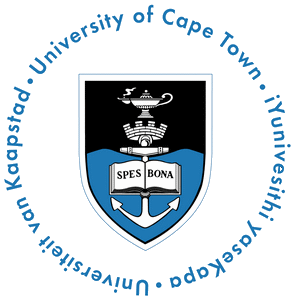|

|
EEE3074W:
Embedded Systems
Project Concepts
|

E.B.E.
|
Scope: This page showcases
project concepts that students worked on during the course.
Conceptualization Part of The Project
Conceptualization is the first part of The
Project. For this part, the students are tasked with the
requirement to come up with embedded system product ideas. They do this
by undergoing a conceptualization process in which they settle on a
particular concept, refine that concept, and develop a concept poster
and presentation to express the concept for the intention of attracting
sponsorship and acceptance of that concept (by the lecturer and/or
project sponsors). This approach is similar to the way in which new
projects are started in industry. Although I probably need not mention
the point, the "big picture" part of the project is really intended to
encourage an entrepreneurial and/or creative spirit, which I hope will
benefit the student, the university, and the country.
1. Learning Objectives
The aim of this project is to produce
slides for a concept presentation (as described in the lectures on this
topic) and a digital concept poster. The learning objectives for this
part of the project are to:
-
Gain insights into the
conceptualization process for embedded system development.
-
Experience the collaboration and
compromise aspect involved in the initial stages of the development of
nontrivial systems.
-
Draw on the knowledge learned in
your past/concurrent courses, or from other related experiences, in
order to refine a concept for the team.
-
Ability to divide knowledge work fairly (by no means
a trivial undertaking).
-
Demonstrate that your team can work
together to provide a clear and professional explanation of a
nontrivial embedded system product concept.
For more detail on The Project and what it involves, please see The Project.
Showcase
Select a year to see concept posters and slide presentations developed
by student groups during that year.
-
2006
- This year, The Project is planned to start early in the second
term. The link will be updated once all students have submitted their
posters and slides.
-
- In 2005, the prototype project was the third of three projects
performed during the year. From that experience, it was decided that
only the prototype project should be done, and that it should be
started earlier so that students have more time to work on it, and to
delve more deeply into development activities.
Navigation: [Start]
Copyright (c) 2006, S. Winberg, University
of Cape Town. Site maintained
by: S. Winberg, Department of Electrical Engineering, University of
Cape Town.
